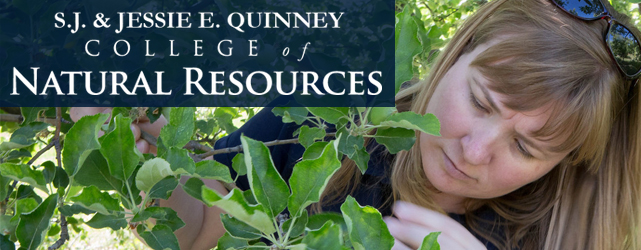Why Do Cattle Ranchers Participate in Conservation Easement Agreements? Key Motivators in Decision Making
Abstract
When communicating with farmers/ranchers, land conservation professionals would be better equipped if they understood key influences on their target audience's decisions to permanently preserve their land from development. This study predicted key factors influencing rancher engagement in a conservation easement (CE) agreement. Specifically, theory of planned behavior, trust, environmental identity, past behavior, perceptions of specific CE characteristics and selected participant demographics were used as predictors. A mixed-methods approach was applied involving interviews, a two-phase pilot study, and a statewide mail-administered questionnaire. Final interview domains guided the quantitative survey instrument, which was administered to 1,000 Florida cattle ranchers. A 60% response rate was received. Multiple linear regression demonstrated ranchers were more likely to enter into a CE agreement if they 1) had a positive attitude about the outcomes associated with CEs, 2) felt influential others would positively support CEs, 3) indicated higher trust in conservation organizations/agencies, 4) believed their land had significant conservation value, 5) supported sale/donation of certain property rights, and 6) were positively influenced by financial incentives, primarily estate tax deductions. These six variables explained over 50% of intent to engage in a CE agreement. Understanding these influences will aid land conservationists in their future communication efforts with farmers/ranchers.





